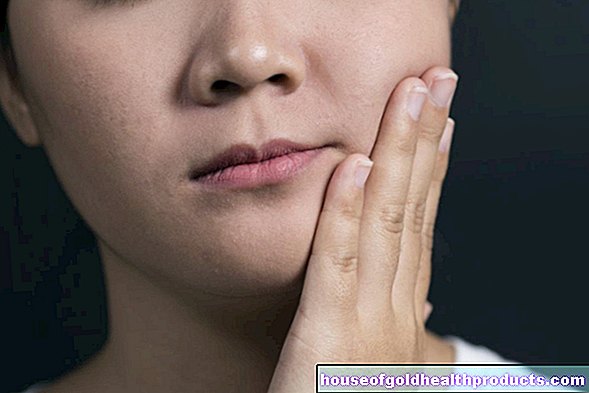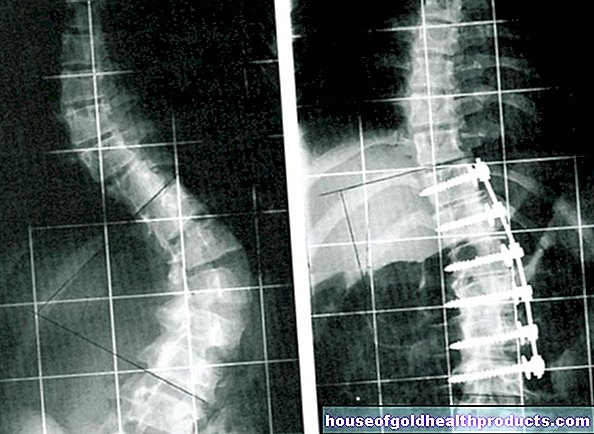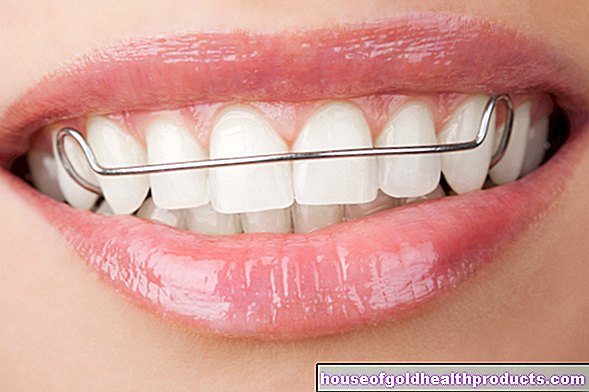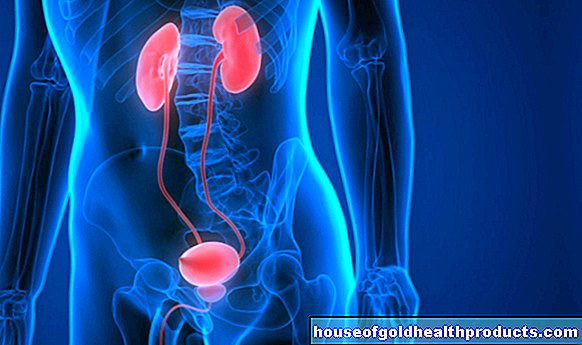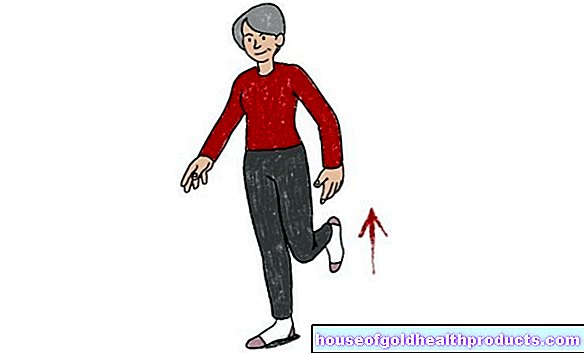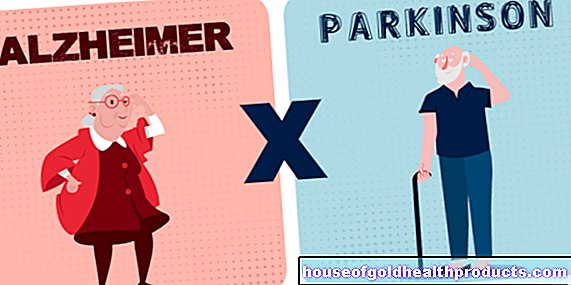Saving calories slows down aging
All content is checked by medical journalists.Those who permanently restrict their calorie intake could not only live longer, but also age more healthily. You don't need to go hungry for that.
In the beginning it was roundworms, fruit flies and rats, and later also monkeys. Various scientists have put these very different animal species on a permanent diet: not so extreme that they became emaciated and weak, but in such a way that they were still fit and agile.
Most of these studies came to the same conclusion: the animals lived longer on average. And they aged more healthily: whether cardiovascular diseases, joint wear and tear or cancer - all age ailments and niggles arose in them rarely, later or not at all.
15 percent fewer calories
But does that also apply to people? It is not possible to put test subjects on a lifelong controlled diet in favor of an experiment. The team led by Leanne Redman from Pennington Biomedical Research has started a two-year trial with 53 volunteers. 34 of them reduced their daily calorie intake by 15 percent.
For their experiment, the researchers did not select overweight participants - it was obvious that they would benefit from a calorie restriction with weight loss. The 21 to 50 year old participants were all of normal weight.
The analysis of the data not only showed that slim people also benefit from a reduced-calorie diet - it also provided indications as to why this is the case.
Less free radicals
The key to the positive effects of the long-term diet are so-called free radicals. These aggressive oxygen molecules are created when nutrients are burned in the body. They can damage tissue and thus trigger inflammatory processes that are the basis for a wide variety of diseases. However, they can possibly also directly damage the genetic make-up and thus cause cancer.
If you eat less, you automatically reduce the amount of free radicals in your body. And it is precisely these that accelerate the aging process: be it in the skin or in the blood vessels.
Decelerated metabolism
But the calorie restriction reduced the amount of aggressive oxygen molecules in another way: the body reacted to the deficiency situation with a slowed metabolism. In any case, the participants required less energy than at the start of the study because they lost an average of nine kilos in the two years. In addition, they consumed another 80 to 120 kilocalories less, which could not be explained by the weight loss alone.
You good side of the yo-yo effect
This phenomenon is well known - and extremely undesirable for anyone starving to lose weight. The slowed metabolism can mean that the pounds are quickly back on the ribs after the diet: The so-called yo-yo effect destroys the efforts to lose weight.
But with regard to the aging process, this is an advantage: there were fewer free radicals in the participants' bodies due to the slower basic metabolism. So people who eat a little less over the long term don't just stay slim. In this way, you could presumably also reduce the risk of aging-related diseases - and extend their lifespan.
Anyone who now fears that the permanent diet could affect their mood can rest assured. The mood of the calorie-saving participants even improved.
Tags: anatomy fitness foot care






